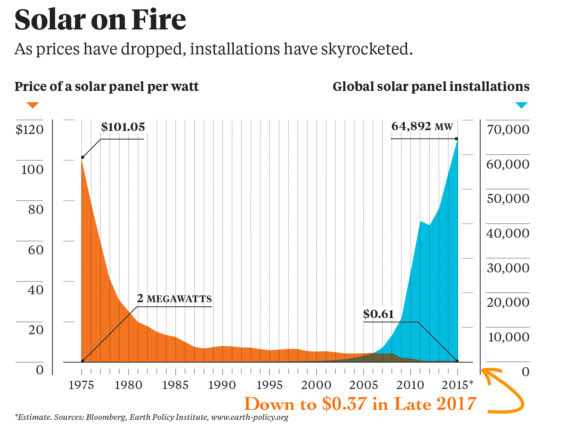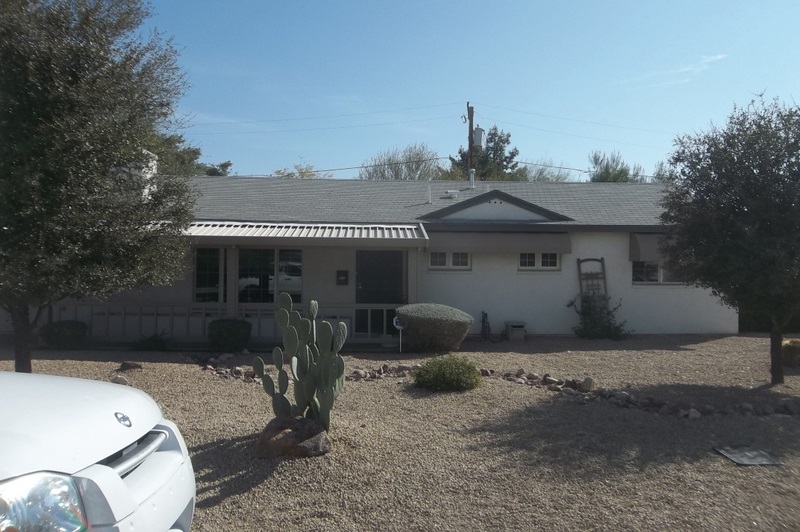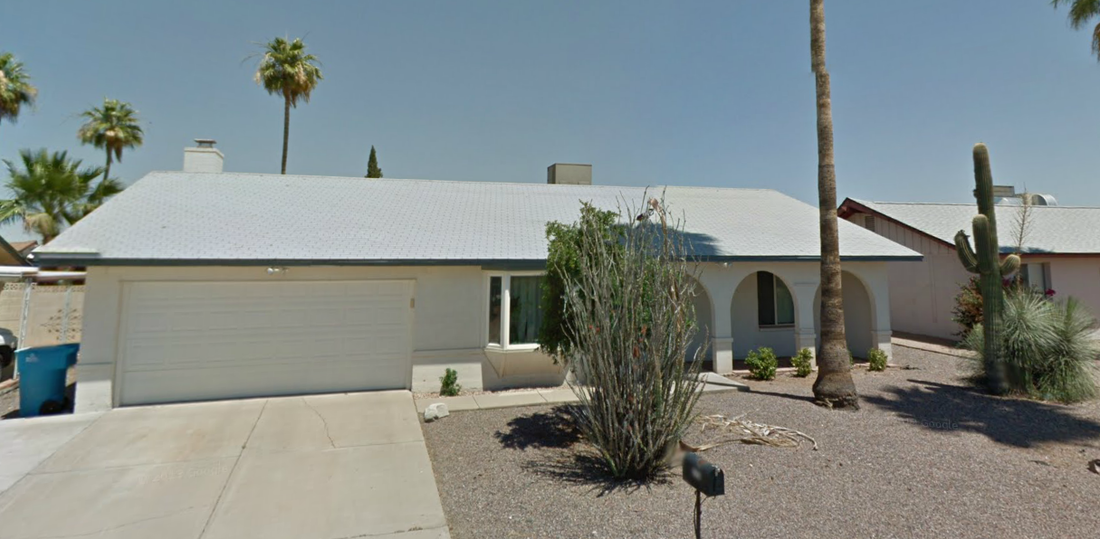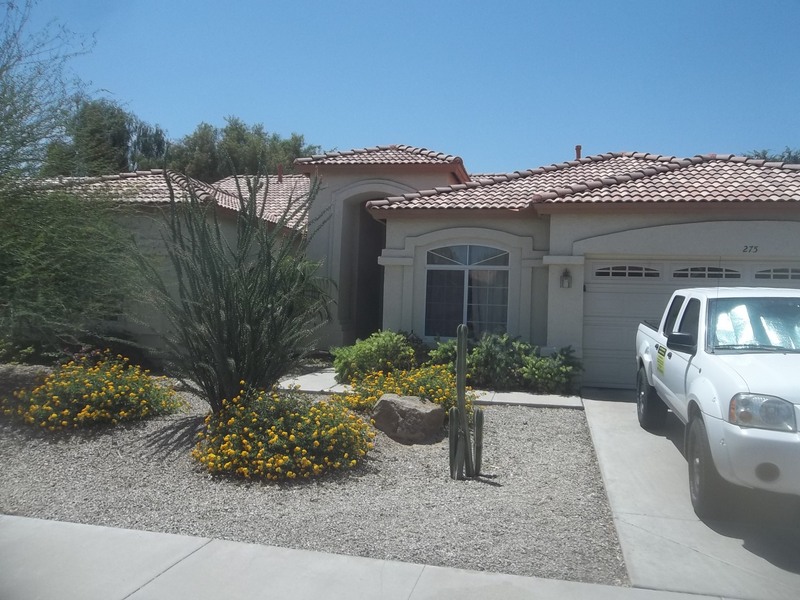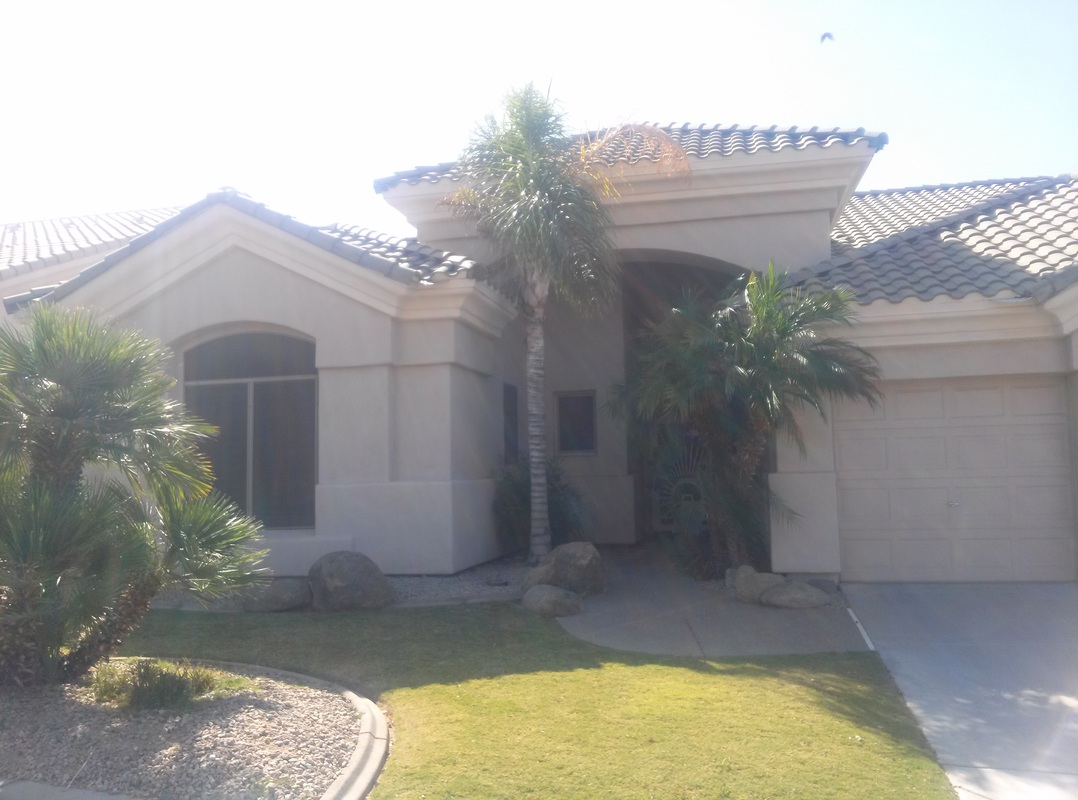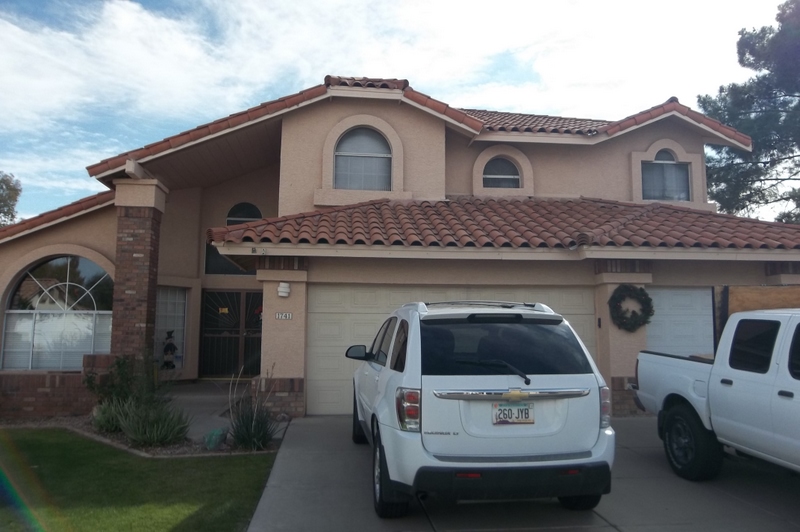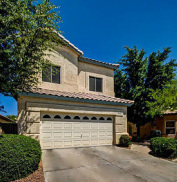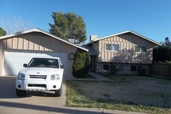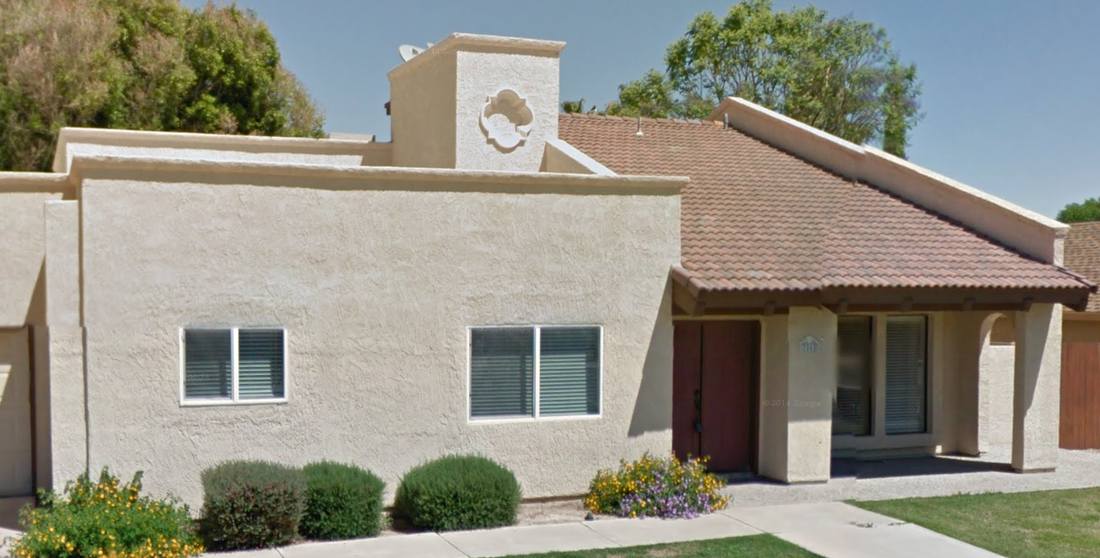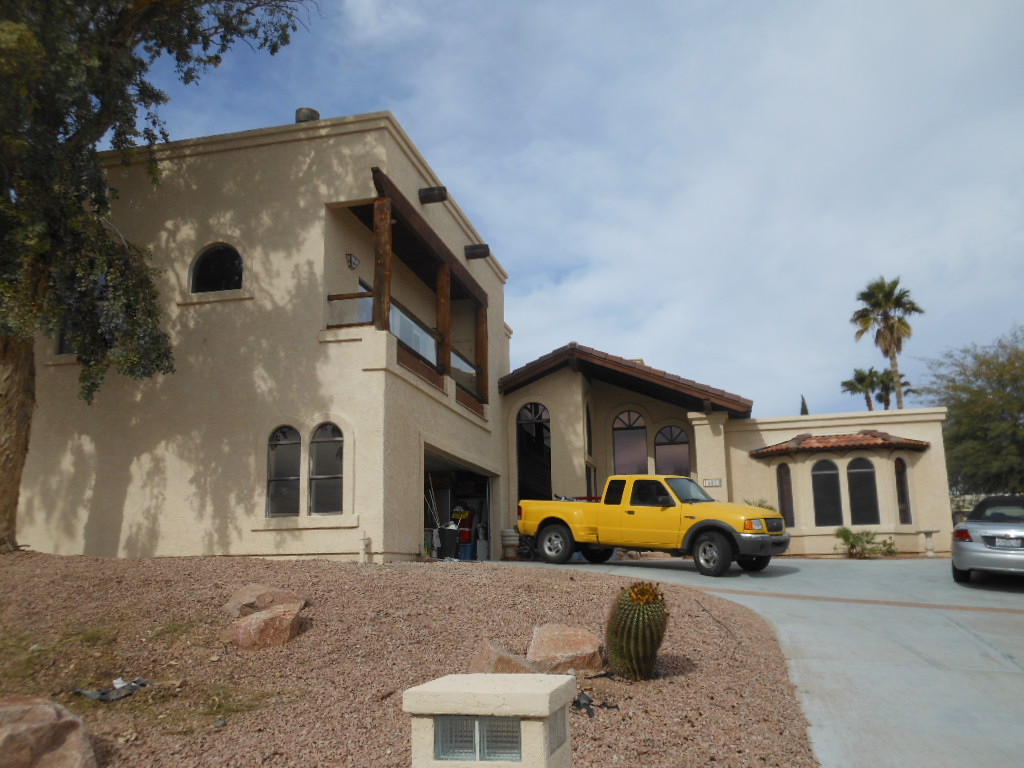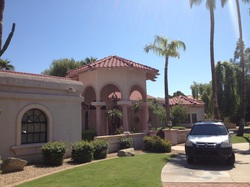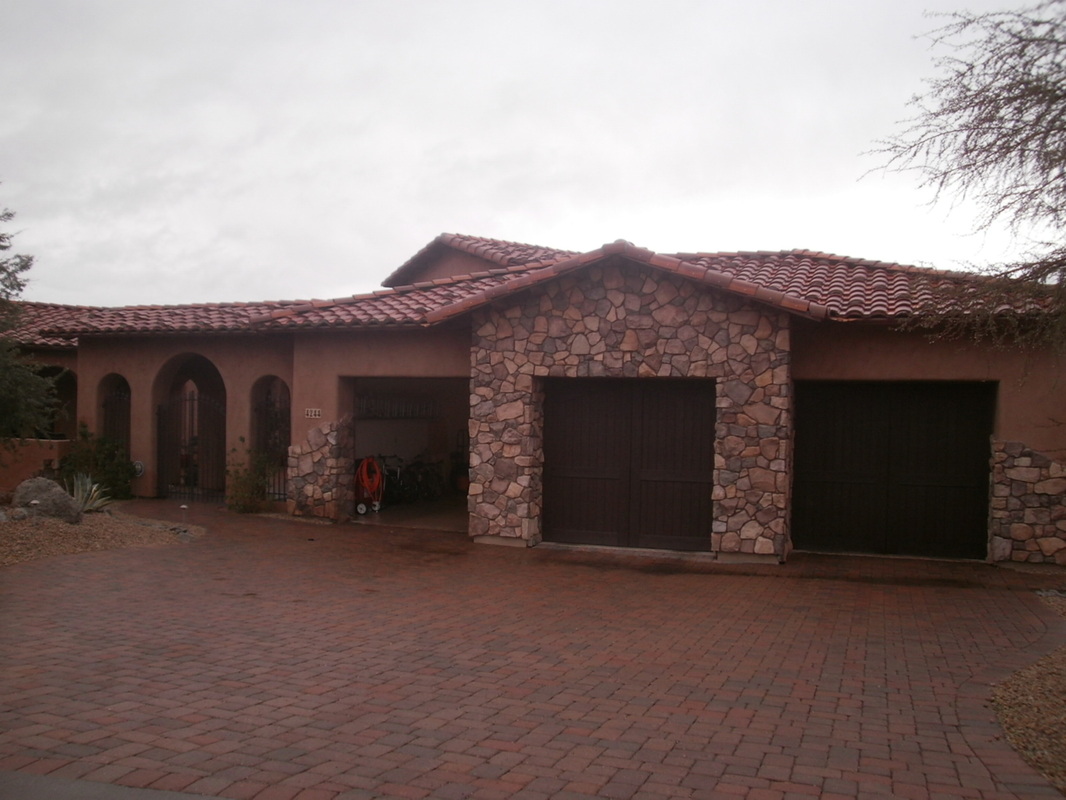|
Do you notice one room just doesn’t cool like the rest of the house... that one room remains uncomfortably hot even if you have the air conditioner blasting down to 74 degrees?... Temperature differences in homes are a common occurrence but can be difficult to find the cause and solution. Typically a specialty contractor like an air conditioning company, insulation or window company is called out and their one and only solution is to offer their product as the fix. This approach rarely works because while those companies are knowledgeable about their specific products, finding the cause of the single hot room involves a deeper knowledge of all the systems in your home and how they work together.
For example, let’s say you keep your bedroom doors closed and notice a good amount of air blowing out under the door when the air is on. You have 10” of insulation in your attic, but where you are from in the Midwest, 18” is code so you think your current levels are too low. An air conditioning contractor may tell you that another supply register in the room will help to deliver more air to the room and keep it cool. An insulation contractor will recommend more insulation but doesn’t sound too convincing because he himself believes that you won’t see much of a difference, he just cares about his commission. A window company will tell you how durable and seal tight their windows are, even though your windows are on the east side of the house and get only the morning sun, he is convinced his product is the best on the market and even has special discounts and financing available. Tackling the hot room problem like this is like looking for a boat at the airport. What an energy audit would discover by measuring the room pressures is that the airflow in the room needs a place to escape first, and that just like blowing air into a bottle you can’t blow any more air in the bottle unless you let some out. The room is getting hot because the cool air can’t get in until more is able to escape and circulate back to the return. Following the air conditioning contractor’s advice, adding another supply register will only worsen the problem. Following the insulation contractors advice additional insulation won’t have a big impact if you have more than R26 existing but they won’t tell you that. Nor will the window rep mention that your window is not the major cause of your room getting hotter than others… say it together, “it takes a whole home approach.” That said here are the top 5 causes an energy auditor might recognize that would cause your one room to be getting hotter than others in the summer. See what we can do for you with our $49 energy audit special by calling our office today at (602) 926-1650. Bad Duct Design and Installation
It’s obvious when the hottest room in the house is the furthest away from the unit because the cold air has to travel far to reach its final resting place. But what about rooms that are close to the air handler, why would those rooms be hotter than others? Again we can likely blame a bad duct design. Either too many wye splits, bad placement of the other ducts off of the supply plenum, kinks, or ductwork leakage can throw the airflow out of balance and cause a hot room. A duct design perfectly installed per design specifications can still have major flaws just like a perfectly designed system but poorly installed. Each have their own built in flaws... a poorly installed system can have duct leakage, improper placement of duct collars and kinks. A poorly design duct system will have too many wye splits, restrictive registers, no plenum boxes and undersized ducts. Flex ducts are so easy to install that anyone can do it and unfortunately contractors just do the minimum required to pass inspection, which as you probably know leaves homeowners holding the short end of the stick.
Wrong Duct Size
Duct sizing is important because ductwork that is sized too small is like having high blood pressure, the AC system becomes stressed to try to fit a large volume of air down a small hole and not enough air gets delivered to the rooms. Ductwork that is too large is like having low blood pressure where your airflow won’t be able to “throw” itself across the room and leave the room only partially cool. In two story homes with both air handlers or furnaces in the attic, the supply ducts tend to be too small on the 2nd floor system. On almost every home, the returns also tend to run too small also. This is bad because it can make a 5 ton system only receive 4 tons of air and over stress the system.
Insulation
If you feel plenty of air coming in the room but it seems like your hot room can’t hold that air in the room for a long period of time, the cause of the hot room could be an insulation issue. It’s not just low insulation that causes this problem either, how the insulation is installed is just as important as how much you have. This chart shows your insulation performance gets cut by 50% if there is just a 5% gap in the insulation anywhere around the home.
A thermal camera scan will uncover these insulation misalignments in areas that our auditors can’t get to and a good visual insulation can verify how well the insulation is aligned in areas that are accessible. A home insulated to Energy Star Standards will keep all the cool air in the home and make the AC system run less. If you notice bird vents on the perimeter of your home or have any changes in ceiling height around the hot room, those are red flags for our auditors. Bird vents are to ventilate the attic but that same ventilation can wind wash the insulation back 1-2 feet from the perimeter of the house, leaving the attic bare in those areas. Insulation contractors are often confused what to do with any changes in ceiling height. Sometimes contractors will make a tent of insulation over a dropped soffit or just leave a decorative shelf completely bare of insulation. Sun Struck Windows
Surprisingly in Arizona, our homes get more heat gain through sun struck windows than from the attic! Although we have never fixed a hot room by adding a shade screen alone, it will certainly help. And despite what a window contractor may tell you, you do not need to replace your windows to reduce the heat gain coming through them. Window film or a shade screen is all the window needs to reduce the heat gain. Shade screens are the most effective at reducing the heat gain into the home, even more effective than new windows, but they will darken the room. Window film comes in a clear film and is less effective than shade screens but is still more effective than interior blinds. Replacing your windows should be done for aesthetics or noise reduction, but never for cost savings alone. You’ll never get your money back on new windows.
Uninsulated Walls
Homes older than 1970 with block walls have zero insulation in them. You’ve probably felt the heat coming off the walls well into the night. By injecting closed cell spray foam into the sun struck walls, you’ll get exponential heat reduction. Block wall homes will typically have the registers above the ceiling and by closing the registers off you can direct more air into the hot room.
Quick Fixes That Help Keep Your House Comfortable and AC Running Well
5 Comments
Have solar prices been going down lately? The answer is yes! Solar power prices have been dropping faster than anyone expected. Experts initially underestimated the drop in prices and now believe they will drop down even quicker as time passes! CleanTechnica has revealed that a solar panel per watt in 1975 was $101.05, while more than 40 years later, the price in 2015 was just $0.61. Bloomberg New Energy Finance's Expert Jenny Chase, had predicted that a solar module that was priced from 62 cents/watt in 2015, will drop to the range of 21 cents/watt by 2040! These figures have since been reduced even further, with an average solar module sold to a utility scale project in 2017 being about 35 cents. This will drop to 32 cents by the end of 2018, and drop to 31 cents in 2019. As to some reasons why: the biggest factors resulting in the sharp drop come from the combination of fierce competition and technological advances in every part of the solar panel technology sector. These are being fed through to auction prices for government tenders throughout the world and bidders are seeing plenty of return on their speculation about module prices and EPC costs. Solar power is going to dominate the energy sector this century. The question is just how quickly it will bring down costs and take over the world. Yet again, the answer seems to be: quicker than people thought. |
Sign Up For Your Home Energy AuditFIND YOUR HOME TYPERanch HomesSingle Story, Spec HomesTwo Story, Spec HomesTri-Level HomesPre-1990 Custom HomePost-1990 Custom HomeDon't See Your Home? Find Your City Below!Archives
April 2024
Copyright Notice©2009 – 2023
All Rights Reserved |


